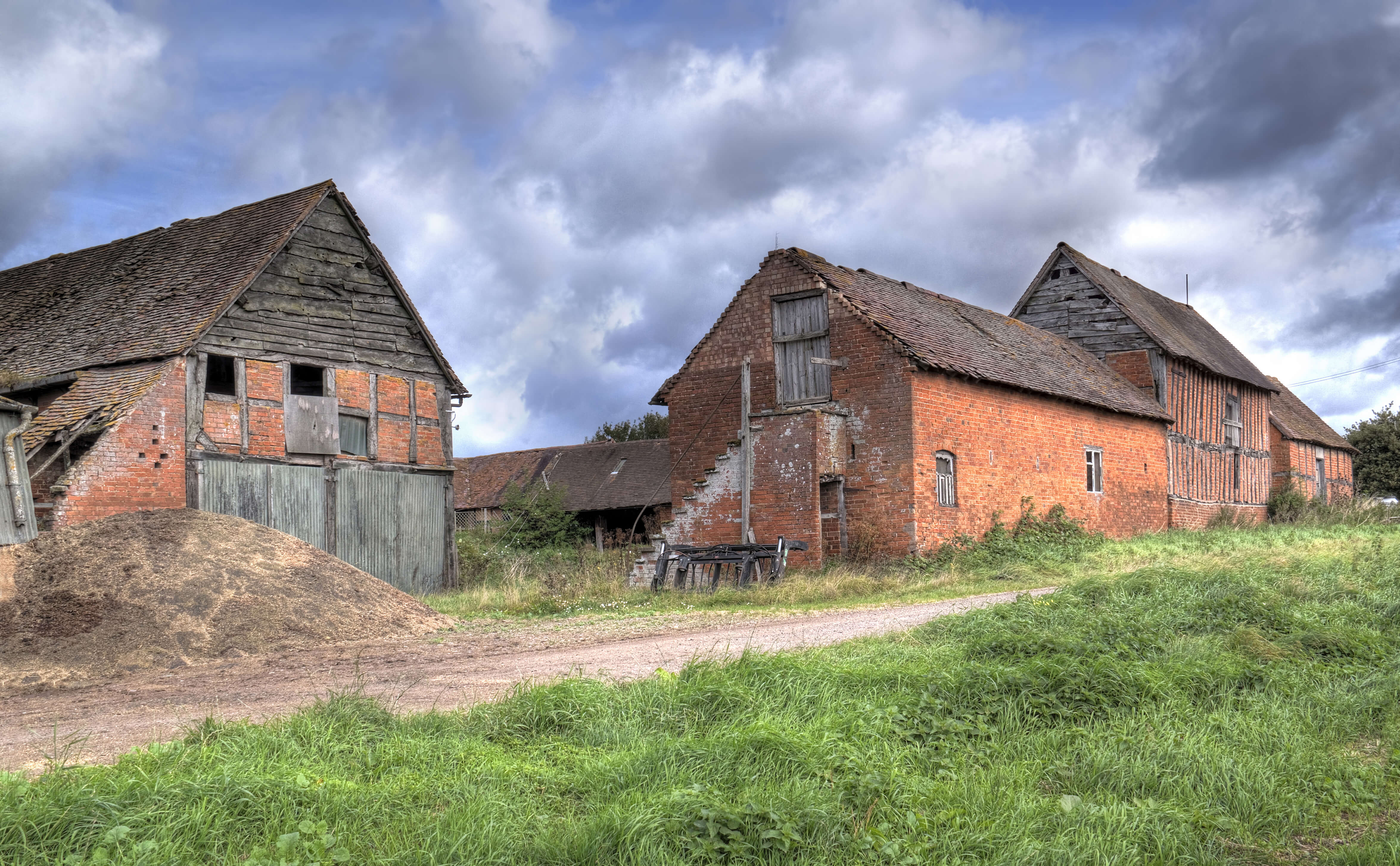

Planning restrictions have been eased following a consultation by the Department for Levelling Up, Housing and Communities.
The new rules, which have been broadly welcomed by the National Union of Farmers, allow farmers to convert unused agricultural buildings into new homes, farm shops, gyms, and other commercial uses without the need for a planning application.
Here we discuss what the changes mean in practice and how they might affect the future of farming.
Why have new planning laws been introduced now?
In 2024, farmers face significant challenges which are now at the forefront of public attention thanks, at least in part, to Jeremy Clarkson’s popular television series.
Over the past 10 years, more than a fifth of farms in England have been lost and the problem is snowballing to crisis point. The loss of farms and farmers is due to a perfect storm of economic, political, and environmental factors which include changes to subsidies post-Brexit and the increasing cost of fertiliser.
UK farms are critical for our domestic food production. Without them we are reliant on imports which are vulnerable to global market fluctuations, political instability, and supply chain disruptions.
Agriculture is also an integral part of our economy providing jobs and supporting related industries such as food processing, retail, and transportation. The loss of farms leads to job losses across sectors, reduced economic activity in rural areas, and a negative ripple effect on the broader economy. In 2022, agriculture contributed £13.9 billion to the UK economy and employed about 428,000 people.
How do new planning laws benefit farmers?
These are the key changes to existing planning laws:
- The size of buildings that can be erected with permitted development has been increased, giving farmers more flexibility.
- Farmers can now convert agricultural buildings and land into business opportunities such as outdoor sports facilities, larger farm shops, farm training centres and housing, without needing to apply for planning permission.
It is important to note that livestock buildings are excluded from the new laws. In addition, the expansion of Class Q rights, which allow the conversion of agricultural buildings into homes, is not extended to protected landscapes which is often the greatest obstacle to new housing development.
Barn to residential conversions
Under Class Q of the Town and Country Planning (General Permitted Development etc.) (England) (Amendment) Order 2024, barns on agricultural holdings can be converted into single or multiple homes without the need to apply for planning permission. The process has been simplified, increasing the number of homes that can be converted and the total combined area size.
Individual homes are capped at 150 square metres per unit, but a maximum of 10 homes can be built within the 1,000 square metre limit. Prior approval must still be sought from the local authority before any work begins.
Agricultural buildings to flexible commercial use
Under permitted development right Class R, agricultural buildings can be converted into various commercial uses, including general industrial, storage, distribution, hotels, commercial, business, service, outdoor sport, recreation, and agricultural training.
Under previous planning restrictions, no more than 500 square metres of agricultural floor space could be converted into another commercial use. This has now increased to 1,000 square metres.
New agricultural buildings for farming operations
Two existing permitted development rights have been expanded under the Town and Country Planning Order 2024:
Class A of Part 6. For agricultural units of 5 hectares or more, the erection and extension of buildings up to 1,500 square metres is now permitted (which is an increase of 500 square metres).
Class B of Part 6. For units less than 5 hectares, new extensions up to 1,250 square metres can be built (an increase of 250 square metres).
These rights, however, cannot be exercised in the vicinity of scheduled ancient monuments.
What do the changes mean for rural communities?
Converting agricultural buildings into commercial uses such as retail, hospitality, and recreational facilities can stimulate local economies through:
- Job creation. New businesses can create job opportunities for local residents, reducing unemployment and promoting economic growth.
- Improved services. Diversification into areas like outdoor sports facilities and training centres enriches the local community with more amenities and services.
By allowing farmers to repurpose old agricultural buildings, the new laws help preserve rural heritage structures. This repurposing can also prevent the decline of rural landscapes, maintaining their historical and cultural significance.
If farmers can survive and thrive through diversification, they are less likely to sell their land to housing developers for large scale building projects. This benefits rural communities because large developments significantly increase pressure on local services such as schools, healthcare facilities and roads. Large developments can also disrupt local wildlife habitats and ecosystems contributing to environmental degradation.
What are the benefits for the wider economy?
Supporting farmers to make efficient use of larger buildings can lead to:
- Increased productivity. More efficient farming operations and diversification can result in increased agricultural output and profitability.
- Innovation and investment. Greater flexibility may attract investment into rural areas, fostering innovation and the adoption of new technologies in farming.
Do you have questions about rural planning?
At Parkinson Wright our specialist rural planning solicitors understand the importance of planning changes for farmers and the rural economy, and we are passionate about helping farms to thrive.
If you are a landowner, let us help you navigate new opportunities and ensure you make the most of the benefits available. Contact Douglas Godwin, Partner and Head of Rural Services on 01905 721600 or via email worcester@parkinsonwright.co.uk with no obligation to discuss how we can support the growth of your business and help you secure a prosperous future.
This article is for general information only and does not constitute legal or professional advice. Please note that the law may have changed since this article was published.
